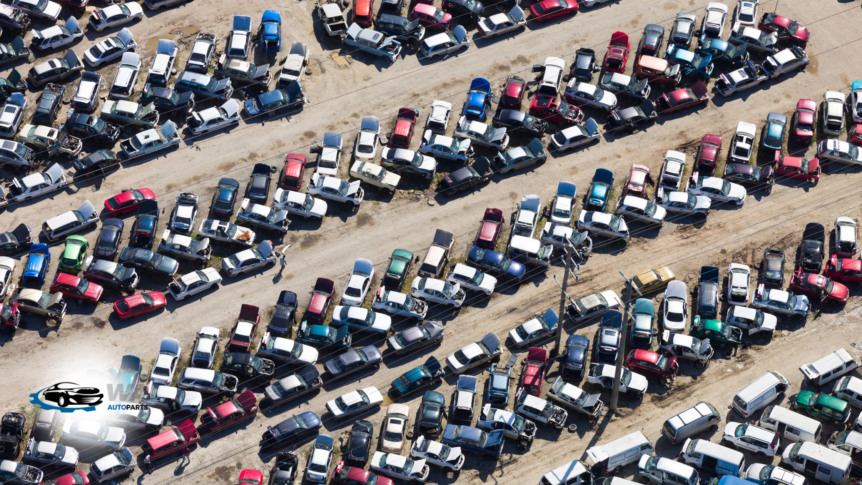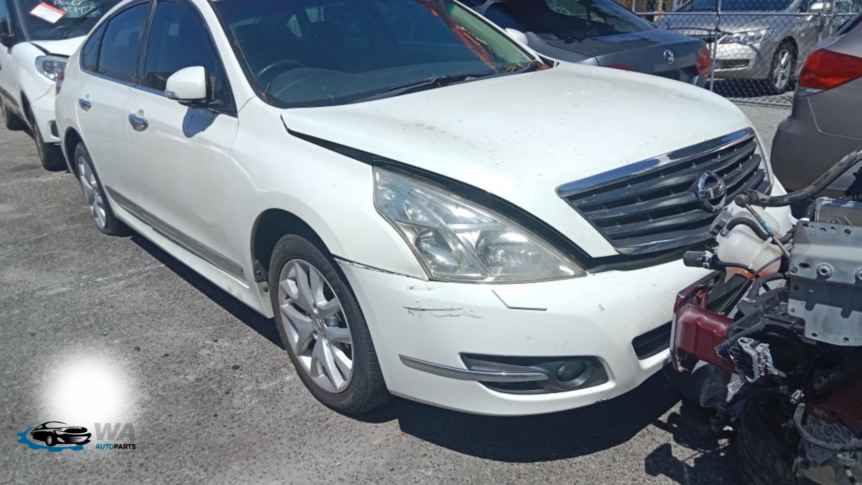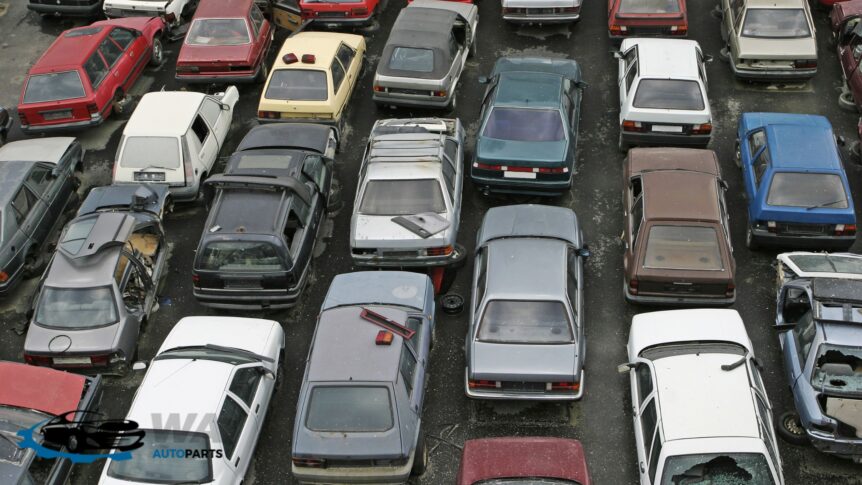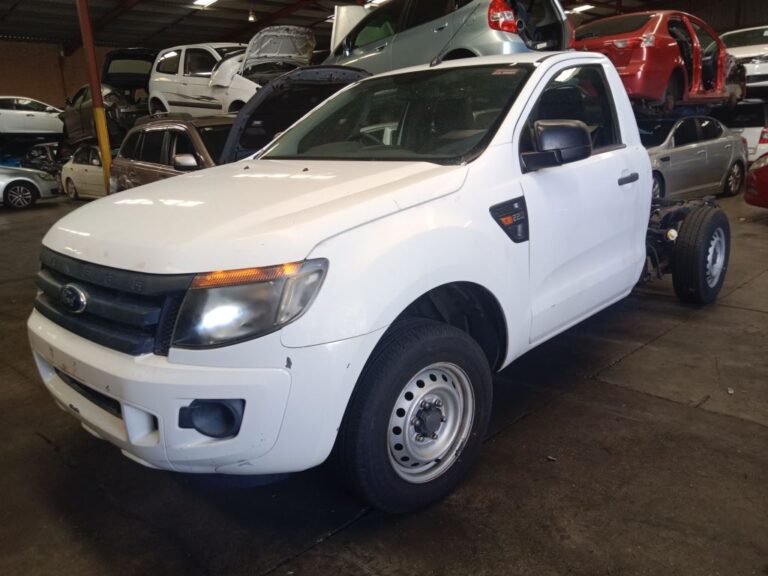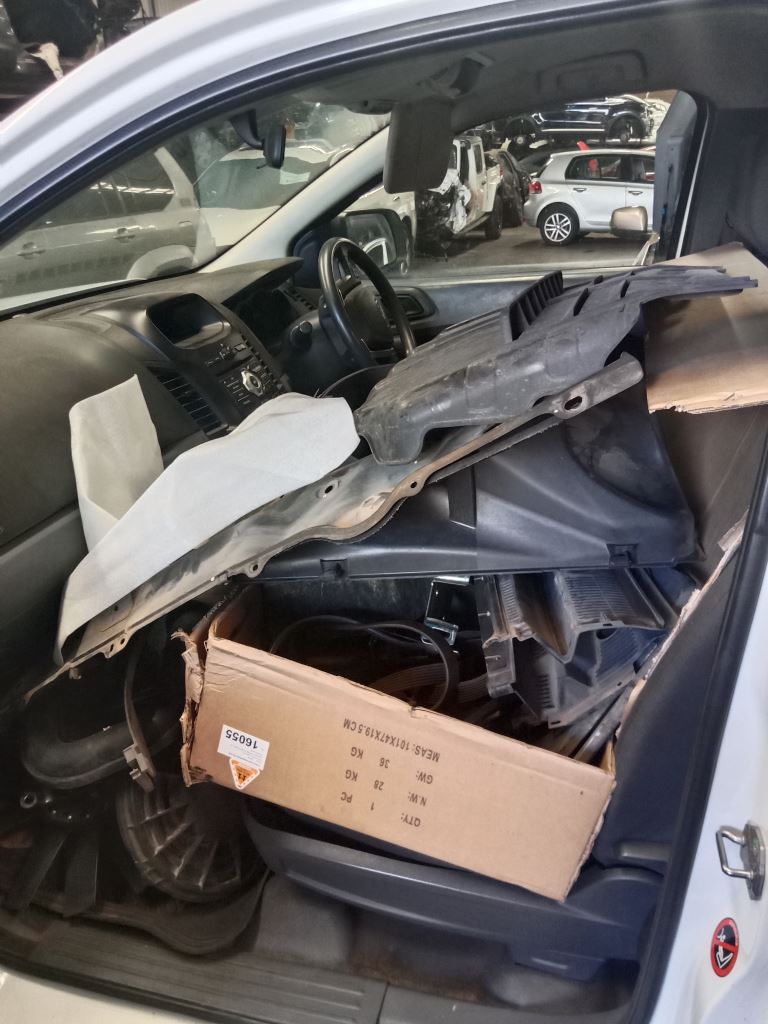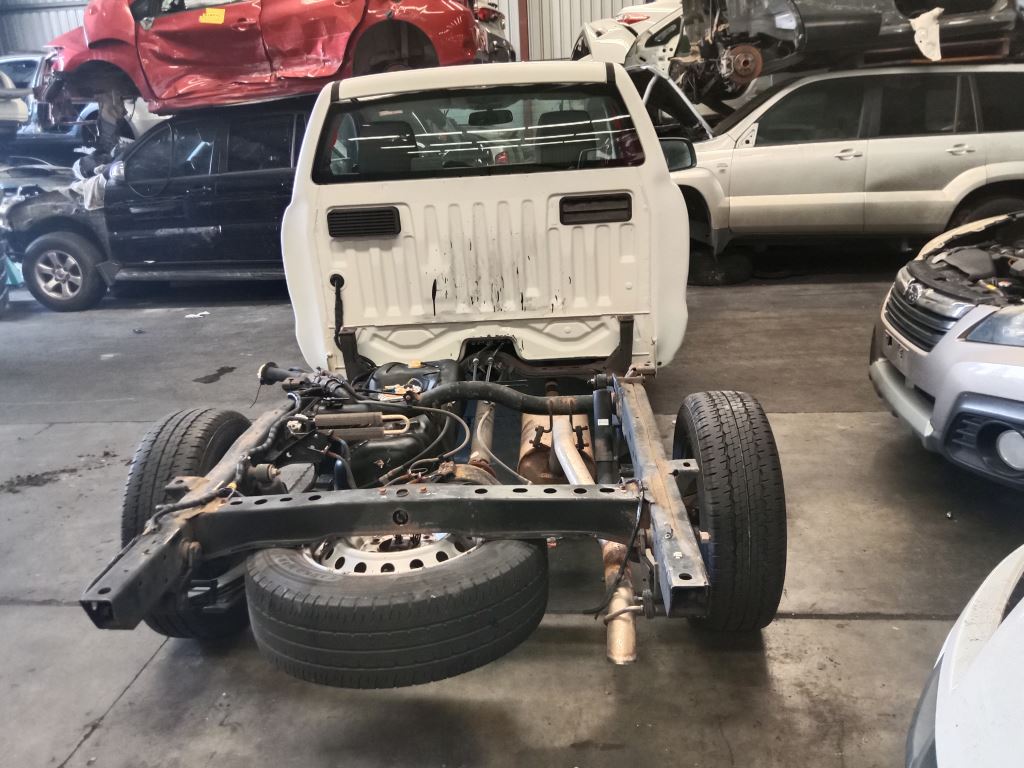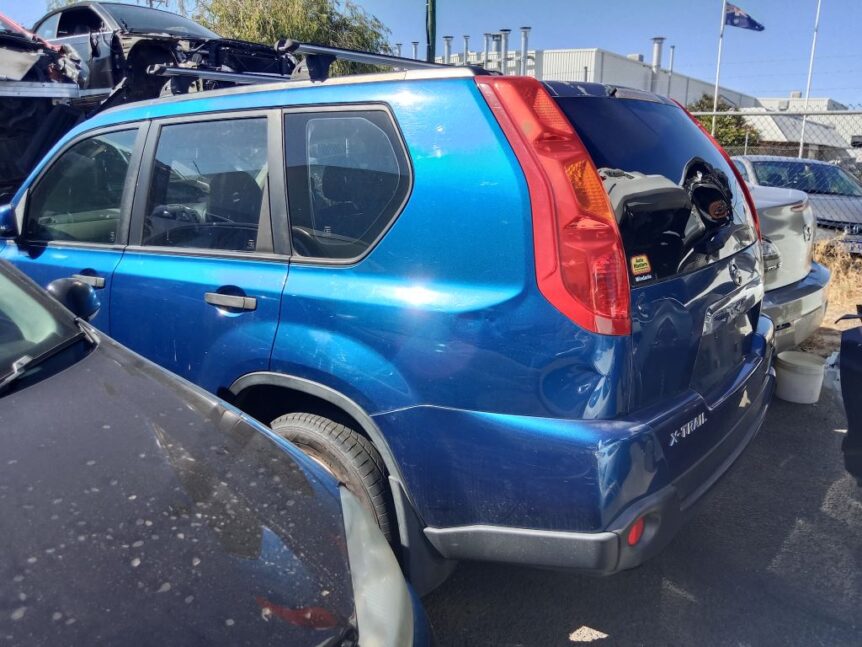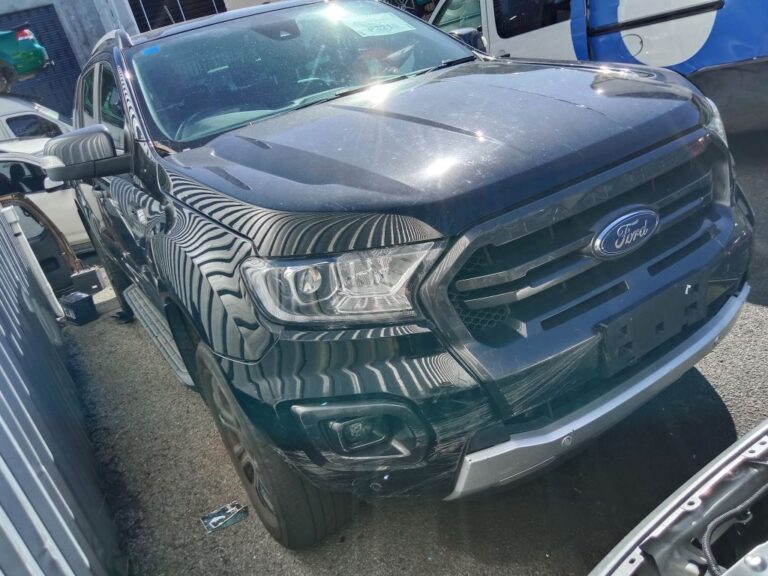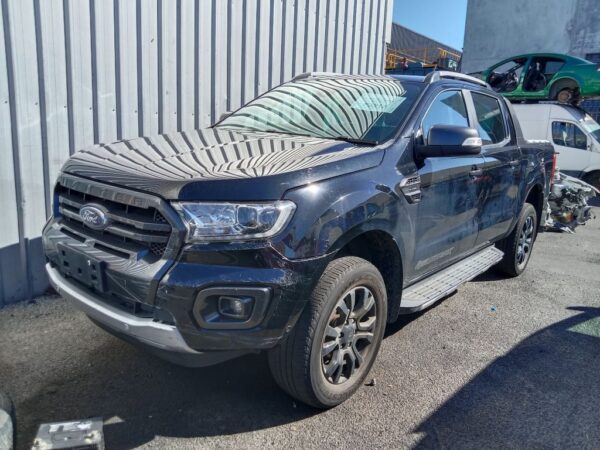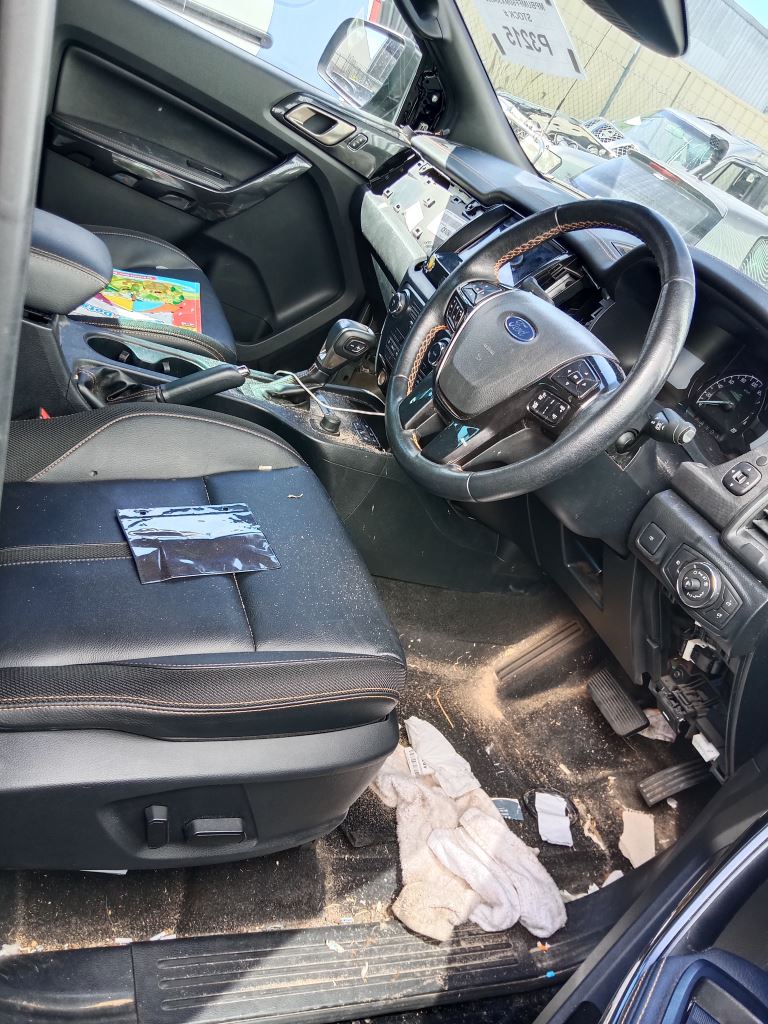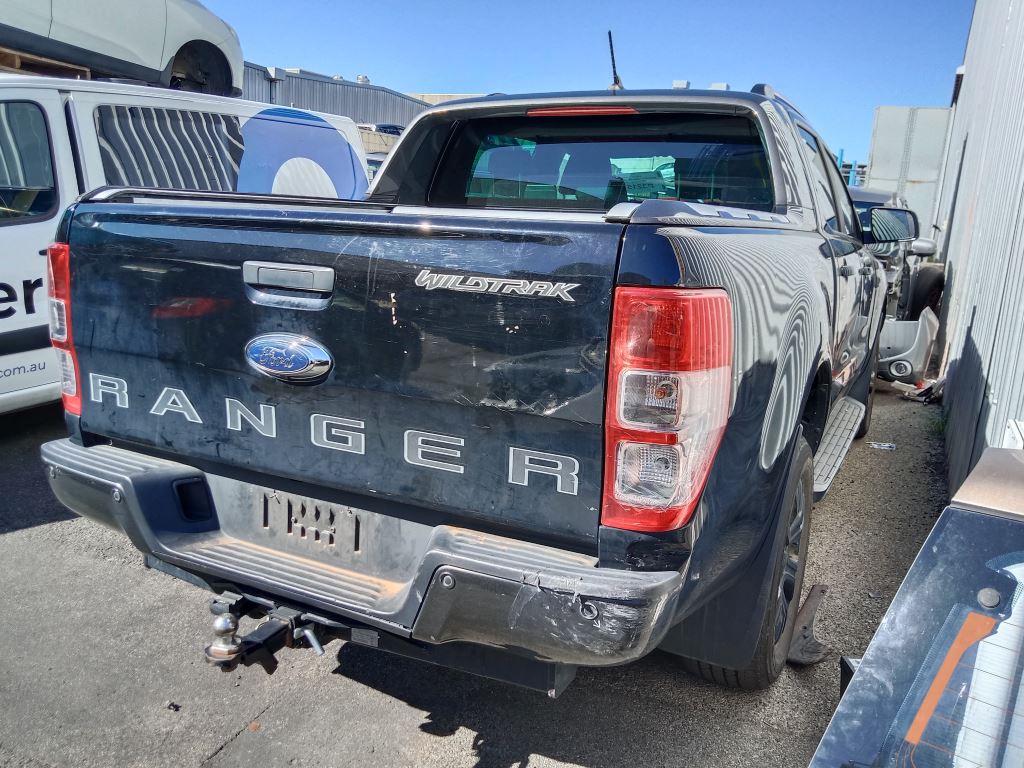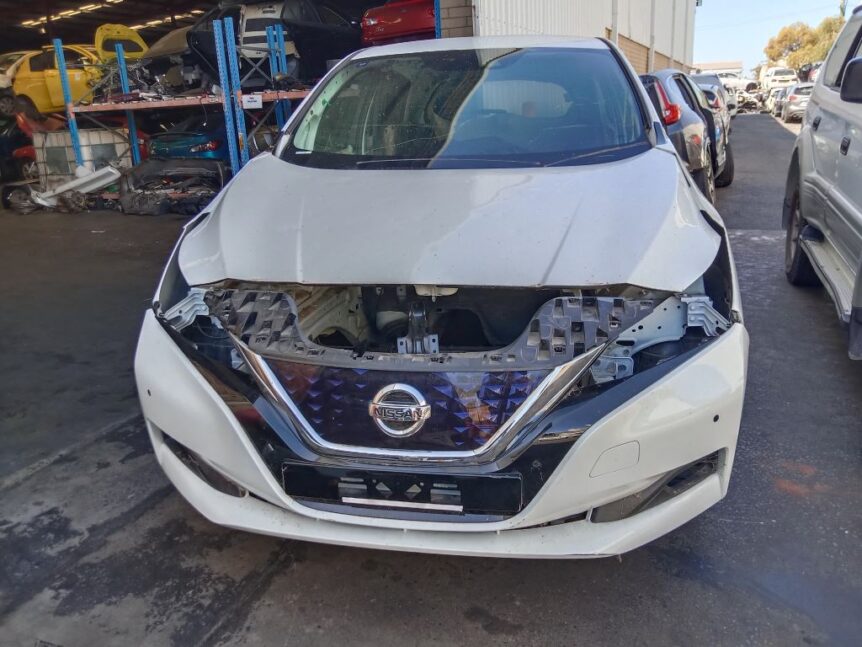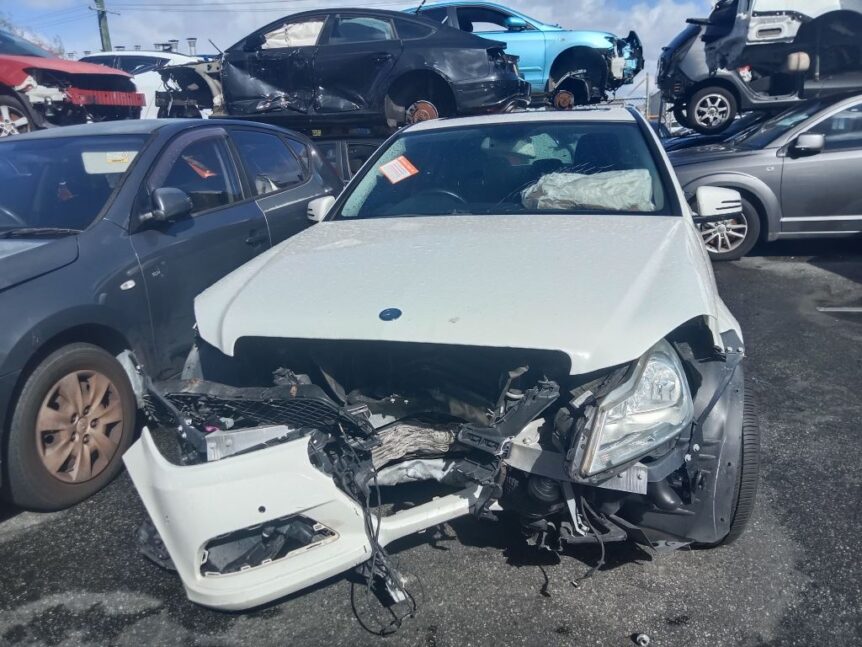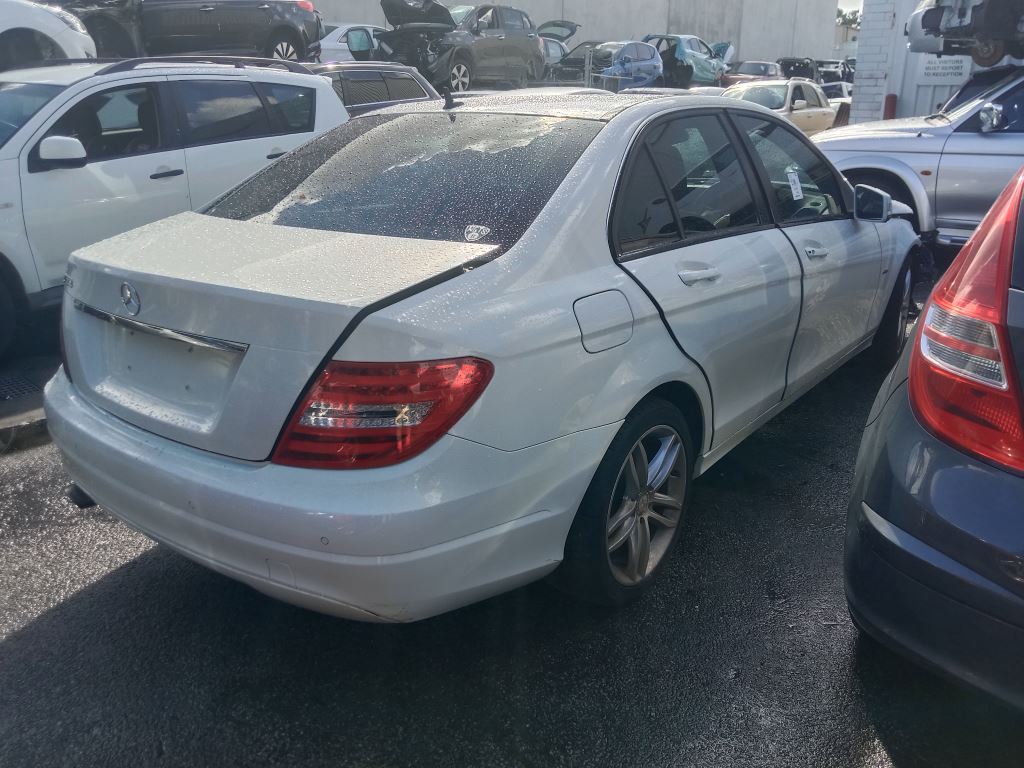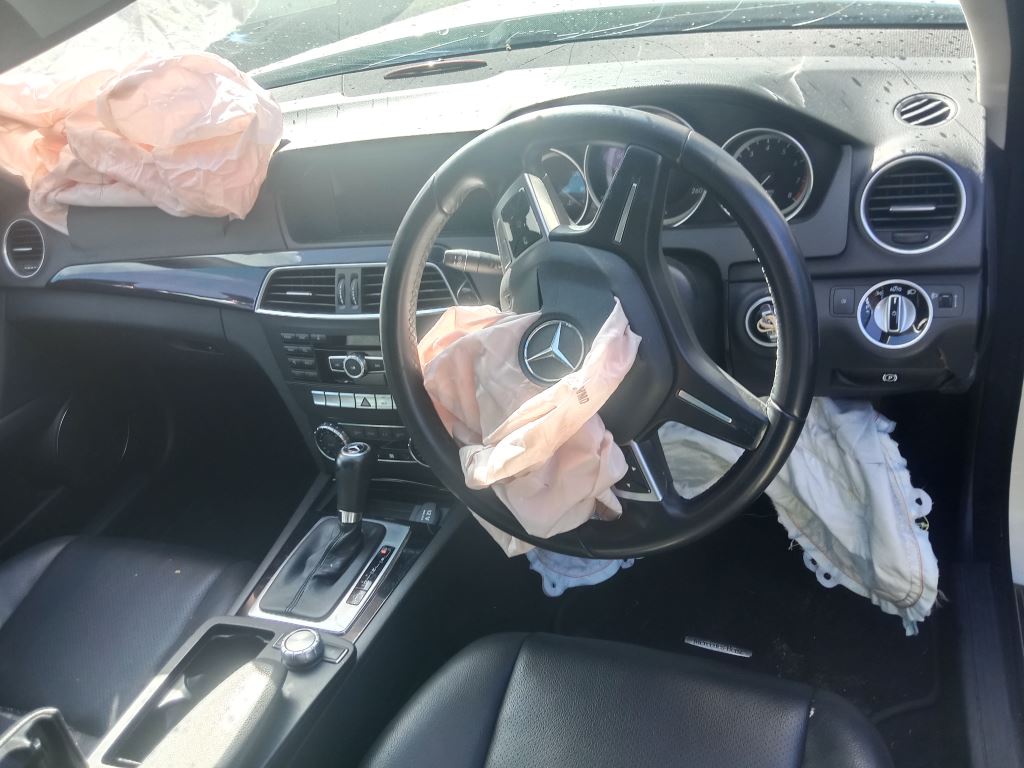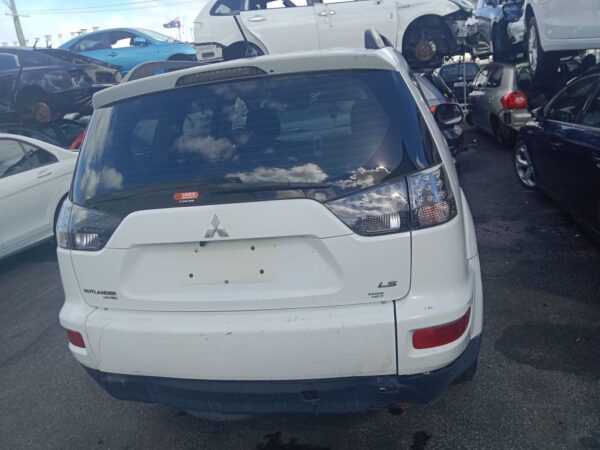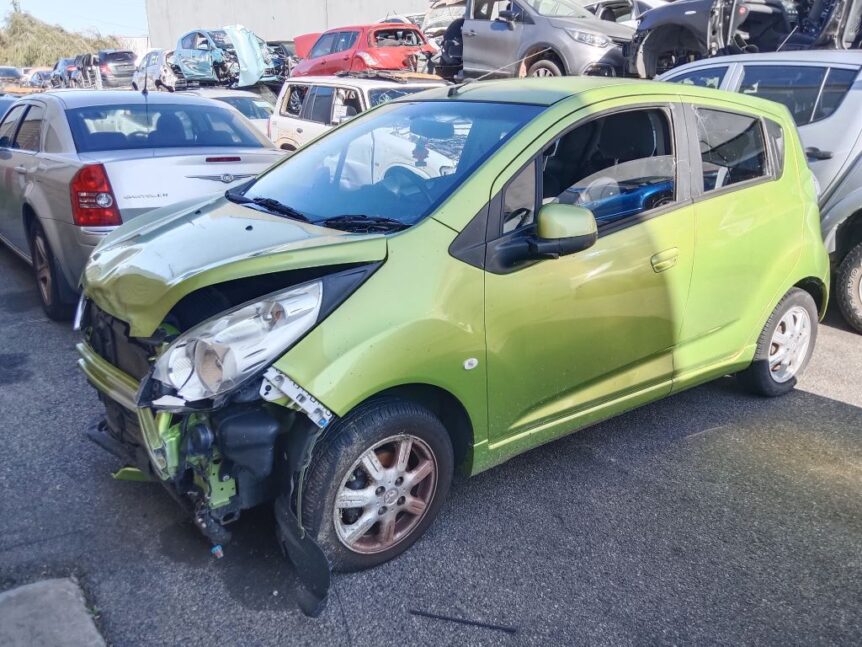Welcome to our complete guide to car wrecking yards in Perth. Whether you’re looking to get rid of your old car or find quality used car parts, this article will cover the car wrecking yards near you in Perth and what services they offer.
What are Car Wrecking Yards
Car wrecking yards also known as auto salvage yards are a crucial part of the automotive industry. In these yards, old or damaged cars are dismantled with the aim of salvaging usable parts or recycling materials.
By dismantling cars, car wrecking yards promote sustainability in the automotive industry. Instead of dumping these cars which can have environmental harm, salvage yards give us the opportunity to extract value from the remaining parts. Reusing and recycling parts reduces the demand for new production and conserves finite resources.
Also car wrecking yards give vehicle owners affordable options. Buying brand new parts can be expensive. But salvage yards give us a cheaper alternative by offering parts that are good condition at a fraction of the original price. This way vehicle owners can get quality parts within their budget.
So now you know the importance of car wrecking yards in sustainability and affordability. They help us use resources efficiently and reduce the environmental impact of the automotive industry. And they give vehicle owners affordable solutions for their repair and upgrade needs.
Next time you see a car wrecking yard, remember the role they play in promoting sustainable practices and for vehicle owners.
Car Wrecking Yards
a. Eco Friendly:
Car wrecking yards are eco friendly, they focus on recycling and proper disposal of cars. By managing automotive waste responsibly they reduce the environmental impact of disposing old or damaged cars. They recycle valuable materials and handle hazardous substances safely to make the planet cleaner and greener. Car wrecking yards are a crucial part of promoting sustainable practices in the automotive industry to minimize the environmental effects of vehicle disposal.
b. Affordable Parts:
Car wrecking yards are the best option for those looking for cheap solutions when looking for quality used car parts. These yards have a huge inventory of parts in good condition and offer a wide range of options at affordable prices. By choosing recycled parts from car wrecking yards you can cut down on repair and maintenance costs without compromising on quality. The availability of these affordable parts benefits your pocket and promotes sustainability by giving new life to existing car parts.
c. Trade-in and Cash for Cars:
Car wrecking yards give you a hassle free way to sell your car, whether it’s operational or not, through their trade-in programs or cash for cars. These services offered by many wrecking yards let you get rid of your car and get value for it. Whether your car is no longer operational or you just want to upgrade, these programs give you a convenient way to sell your car without going through the process of finding a buyer yourself. With trade-in programs or cash for cars you can say goodbye to your old car and get some cash.
Car Wrecking Yards in Perth
a. WA Auto Parts:
Located at 103 Sheffield Rd, Welshpool WA 6106, WA Auto Parts is a well established car wrecking yard in the area. With a huge inventory of used car parts they provide excellent customer service and cheap prices, they are ahead of the competition. Whether you’re looking for a specific part or need help finding the right part for your car, WA Auto Parts will get it for you reliably. Their focus on quality, reliability and affordability makes them the one stop shop for all your car part needs. Try WA Auto Parts today and experience the best service and cheap solutions!
b. WA Car Removals:
WA Car Removals is the leader in car removal and wrecking in Perth. Their focus on the environment is evident in their eco friendly vehicle disposal methods to make the future greener for all. Besides their eco friendly practices WA Car Removals stands out by offering top cash for cars, so selling your car is not only easy but also profitable. Trust their expertise, reliability and commitment to sustainability as they take care of your car removal needs and put money in your pocket.
How to Choose a Car Wrecking Yard
a. Reputation and Experience:
When looking for car wrecking yards look for those with a solid reputation and years of experience in the industry. Check for great reviews and customer testimonials as they are the best indicators of their reliability. These reviews are proof of the trust and satisfaction their customers have in them so you can have peace of mind and be assured that your search will end up in a good result.
b. Parts Inventory:
Make sure the car wrecking yard you choose has a huge and comprehensive inventory of parts that cater to your specific make and model. By doing so you will increase the chances of finding the part you need. Such attention to detail means not only you will find the exact part you need but also you will have confidence that the yard can service your car needs. So be assured, with a fully stocked inventory of parts your search for the right part will end in success.
c. Recycling Practices:
When choosing a car wrecking yard look for those that practice and adhere to eco friendly recycling methods and proper disposal of hazardous materials. By doing so they are showing their commitment to sustainable business and aligning with your values and the planet. By choosing a yard that recycles responsibly you are part of minimizing the environmental impact and promoting an eco friendly future. With their responsible practices you can be assured that your car’s end of life journey is in good hands guided by sustainability.
Conclusion
In summary when looking for car wrecking yards near you in Perth consider their reputation, parts inventory and environmental sustainability. By choosing the right yard you can save money on used car parts and contribute to a greener automotive industry.
Remember the websites mentioned in this article are not real and are just placeholders. To get accurate and up to date information please do your own research and refer to established websites that provide information on car wrecking yards in Perth.




